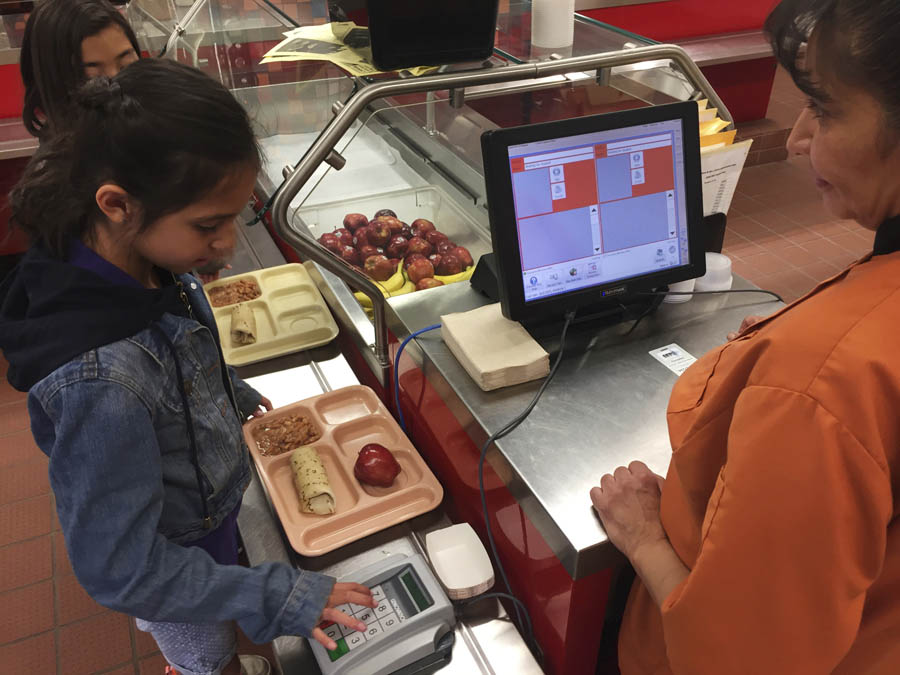Proposal seeks to end prevalence of 'meal shaming' in US public schools
China Daily | Updated: 2018-05-17 09:43

BOSTON - Working in an elementary school cafeteria, Wendy Timmons said all she wanted to do was serve children a hot lunch and put smiles on their faces.
But if a student's family fell behind in paying their school meal account, the smile could quickly turn to tears.
"I had to ask them if they have any money," Timmons said. "If they didn't have any money, I had to take the meal away, and hold up my hands in the shape of a C," a signal that instructed the server to prepare an "alternative" lunch for the child, generally a cold cheese sandwich.
Critics often refer to such policies as "meal shaming" or "lunch shaming", because of the humiliation it can cause children who are singled out in the lunch line through no fault of their own.
Timmons was among those urging the Massachusetts Legislature's education committee on Tuesday to approve a measure aimed at preventing children from being caught in the middle of disputes between school districts and families with unpaid meal debt. The committee voted to study it further.
"No school should punish a child for not having lunch money," said Democratic Senator Cynthia Creem, a sponsor of the bill that seeks, among other things, to prohibit school employees from forcing a child to accept an alternative meal or taking other actions, such as barring students from extracurricular activities or even graduation ceremonies.
The prevalence of "meal shaming" is difficult to measure, in part because policies vary widely between school districts, and can differ based on age and grade level. Some large urban school districts, including Boston, provide free meals for all students, and in other communities many children are eligible for free or reduced price meals if their families are income eligible.
A recent study by the Massachusetts Law Reform Institute found that in more than two dozen school districts, secondary school students without money often don't eat at all. In one high school, students were told their best option was simply to try and borrow money from a friend.
Most districts, however, offer the cheese sandwich or other less appetizing selections to students who have exceed their "meal account cap", imposed by the school.
"You can't use kids for debt collection activities," said Wendy Baker, an author of the study. "You can't use them as pawns, and you can't shame them."
Timmons' 17-year-old daughter, Susan, said she still remembered being meal shamed herself as a young child and having little concept of money. She recounted an incident when her elementary school-aged sister had her favorite hot turkey lunch snatched away from her by a cafeteria worker.
"She cried and cried and cried until my mother came and picked her up from school," Susan Timmons said.
Associated Press
























